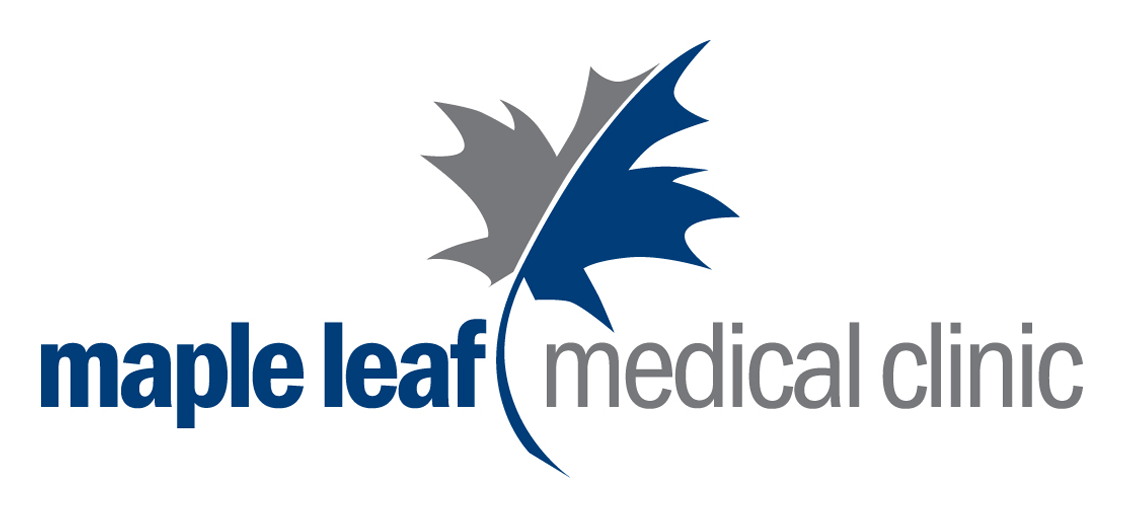Thank you for your interest in our drug-drug interaction study!
Enrollment is Closed and we are in the process on analyzing the results!
So what’s this study about?
This is a clinical study to look at possible drug-drug interactions (DDIs) between antiretroviral therapy (ART - medication used to treat HIV) and feminizing hormone therapy (FHT - medications some trans women take as part of their transition).
And why are we doing this study?
We’re running this study to see what (if any) effects common feminizing hormone regimens have on ART medications and vice versa. This is an important question for many reasons! Firstly, trans women around the world face a higher risk for HIV than cisgender folks due to several biological and sociohistorical factors related to transphobia and intersecting forms of marginalization. Here’s a link to an article with more information!
Now, the same forces that put trans women at a higher risk for HIV also make it harder for trans women to access safe and consistent treatment and care—trans women living with HIV have also been found to have lower rates of access, usage, and adherence to antiretroviral therapy. An explanation for this is due to concerns about negative interactions between ART drugs and feminizing hormones, especially that ART medications may weaken the effect of feminizing hormones and even cause harm. Feminizing hormones are so vital to trans women’s lives that many will choose them over ART medications if they feel they must make a choice. And it’s not just trans women who have these concerns, but healthcare providers too—studies have shown that many healthcare providers withhold feminizing hormones from trans women living with HIV. This only results in a growing demand for black market hormone medications that often carry dangerous side effects and are taken without medical supervision.
Now onto some good news – our study is trying to address the concerns mentioned above, we have good reason to believe that there aren’t drug-drug interactions between common ART medications and oral estradiol (a feminizing hormone regimen that a lot of trans women in Canada take). Our study will be comparing estradiol levels between trans women living with HIV, trans women living without HIV, and cisgender (cis) women living with HIV—we expect that estradiol concentrations will be consistent across all three groups. For the purpose of this study, a transgender woman is a person who was assigned male sex at birth and currently identifies as a woman. Trans women can be at any stage of medical, social, or legal transition. Cisgender refers to people whose gender identity matches the sex they were assigned at birth. For example, a cis woman is someone who identifies as a woman after being assigned “female” at birth.
With this study, we want to make sense of the science behind drug-drug interactions and reassure both healthcare providers and trans women living with HIV that their medications are safe to take, and all their healthcare needs can be met. This is a critical step towards our overall goal and ideal healthcare scenario. We’re working towards a model of shared decision-making where all parties have access to information about ART medications and feminizing hormones, allowing both critical treatment regimens to be prescribed safely and equitably.
 Who can participate in this study?
Who can participate in this study?
We are looking for three groups of participants
who are 18 years of age or older:
GROUP 1: TRANS WOMEN LIVING WITH HIV
- Taking Biktarvy ® (medication to treat HIV) OR willing to switch for the study.
- Currently taking 2mg or more of oral estradiol.
- Currently taking an anti-androgen (or have a medical or surgical reason to not need it).
While this is a study about trans women, we are also recruiting cis women living with HIV. The cis women will serve as a comparison group for estradiol levels.
GROUP 2: CIS WOMEN LIVING WITH HIV
- Taking Biktarvy ® (medication to treat HIV), or willing to switch for the
duration of study. - Not taking hormonal birth control (non-hormonal copper IUD birth control allowed).
- Have a regular period (regular = a period every 24-35 days) or if uterus was removed, ovarie(s) remain functional.
GROUP 3: TRANS WOMEN LIVING WITHOUT HIV
- Not taking PrEP or PEP (medication to prevent HIV).
- Currently taking 2mg or more of oral estradiol.
- Currently taking an anti-androgen (or have a medical or surgical reason to not need it).
 What will happen in this study?
What will happen in this study?
If you choose to participate, you will attend a screening appointment where you can learn more about the study, ask questions, give your consent to participate and determine if you are eligible.
The study can last up to 2-6 months and there are 3-5 visits depending on participant group that include bloodwork (may include HIV testing, HIV viral load testing, pregnancy tests and measures of your estradiol and testosterone levels). Our researchers will also guide you through a few questionnaires to evaluate your adherence to your medications, your satisfaction with your treatment regimens, and an interview to discuss your opinions on your healthcare. Depending on circumstances, all visits except for one visit (Month 2 visit) can be completed in person or virtually. The month 2 visit will be completed in Toronto.
Will I be compensated for participating?
You’ll receive compensation for every study visit.
What else will be provided?
Meals will be provided when you come to our site. Between study activities, we have a comfortable patient lounge with books, games, and a big TV for you to hang out in.
We’ll also give you a report showing your estradiol levels throughout the day. Additionally, once the study is completed and the information is analyzed, a summary of the findings will be made available for you.
 How do I sign up?
How do I sign up?
For more information or to sign up or for this study, contact our Research Team:
T: (416) 465-5370
Maple Leaf Research
14 College St.
Suite 403
Toronto, ON
Version 1.1: 08 Aug 2022



